Student loan payments resume in August: Here are 14 tips to help you prepare
9 money experts tell FOX Business what student loan borrowers need to do before payments start again
Student loan borrowers react to Biden’s payment pause extension
FOX Business’ Lydia Hu speaks to student loan borrowers frustrated by Biden’s extension of the moratorium on federal student loan payments.
Payments for federal student loans have been paused once more, and this time it’s been extended to Aug. 31, 2022.
President Biden and Vice President Harris made the announcement earlier this month through the U.S. Department of Education. Interest on federal student loans froze in March 2020 as part of the CARES Act – a $2.2 trillion economic stimulus bill which was passed by Congress as a means to respond to the COVID-19 shutdown.
3 REASONS TO PAY STUDENT LOANS IN CORONAVIRUS FORBEARANCE
While federal student loan forbearance has been extended a number of times in the last two years, it’s not immediately clear if it'll happen again. Millions of Americans will have to adjust their finances to tackle their school debt if they haven’t already.
If you’re unsure how to prepare to make the financial shift, here are 14 tips from money experts to help you figure out the best way to resume your student loan payments.
1. Contact your loan servicer

Calling your student loan servicer could provide repayment clarity. (iStock)
If you’re not already familiar with your student loan terms, it would be beneficial to educate yourself on them before the federal government lifts the loan pause.
"The first step you should take is to contact your federal loan officer and obtain all the details on the eligibility for your own specific loans," said Daniel Milan, managing partner at Cornerstone Financial Services.
Milan added that starting "a dialogue" with your loan servicer will likely help you determine which options are better to pursue when it comes time to restart loan repayments.
2. Consider refinancing
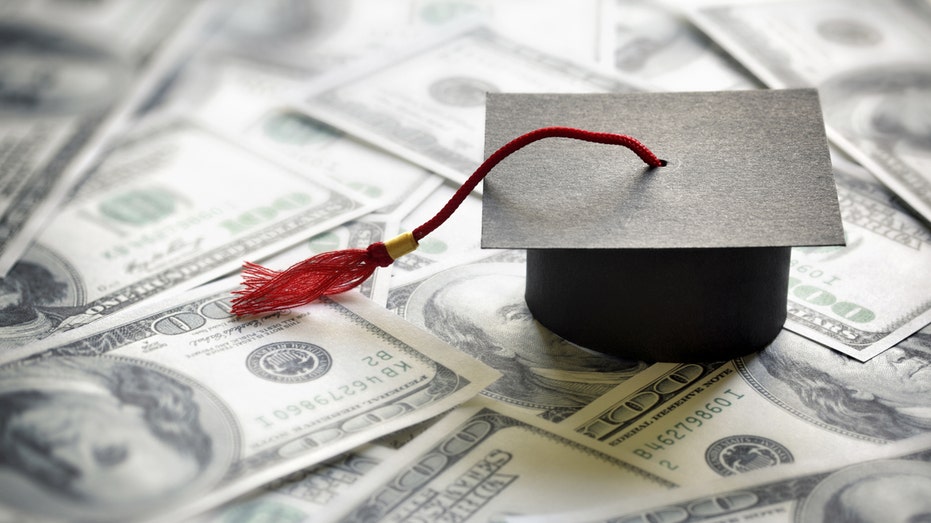
Refinancing your student loan could potentially save you money if you secure a lower interest rate. (iStock)
Some borrowers might benefit from exploring what their refinancing options are with private lenders as interest rates rise, according to Milan.
"While this would exclude you from the federal moratorium protection, it may be beneficial still to act prior to [the] expected higher interest rates [we’ll see] throughout the year," Milan said.
PROM DRESS MADE ENTIRELY FROM DUCT TAPE WINS TEEN $10K SCHOLARSHIP
3. Enroll in automatic payments

Enrolling in autopay can be helpful if you struggle to keep up with payment schedules. (istock)
Matthew Grishman, principal wealth adviser at Gebhardt Group Inc., said some borrowers might benefit from enrolling in automatic payments because it reduces their chances of accidentally missing a payment.
"It also adds a benefit of being ‘out of sight, out of mind,’ so you’re not having to think about the debt each month," Grishman continued. "It could be mentally, emotionally, psychologically exhausting to be reminded each month of the overwhelming weight of student debt – especially if you have to look at it and manually pay your bill each month."
4. Increase your payments

Making higher payments on your student loan payment could help you lower the principal. (iStock)
Grishman would also suggest student loan borrowers pay more than their billed amount each month.
"Even if it’s another $10 or $20," he said. "Shaving ounces like this will add up over time, reducing the amount of time it takes to pay back the loan as well as the amount you will pay in interest."
5. Budget yourself and put money aside

Creating a budget could help you manage your student loan payments. (iStock)
Living like you’re making student loan payments now will help you get used to the act once more, according to Jay Zigmont, certified financial planner and founder of Live, Learn, Plan. – a personal finance coaching service.
"Your budget has most likely been filled up by other things while in forbearance," Zigmont said. "So, now is the time to start cutting back before it is required."
Lauren Anastasio, director of financial Advice at Stash, also suggests borrowers adjust their spending habits by putting away money to mimic the actual crediting that’ll happen when student loan repayment schedules resume.
"Try to set aside the amount of your payment each month to get used to the impact on your spending," Anastasio said. "It may be extra challenging at first so better to give yourself an adjustment period than overdraft your account when the real payment is withdrawn."
4 IN 10 AMERICANS CRIED ABOUT MONEY DURING THE COVID-19 PANDEMIC: STUDY
6. Pay while you’re in school (if applicable)

Paying down your student loan while you're in college could help you lower your principal. (iStock)
If you’re currently enrolled in school, there are benefits to making payments on student loans before your actual graduation, according to Lyle Solomon, bankruptcy expert and principal attorney at Oak View Law Group.
"Interest on federal unsubsidized and private loans accumulates during college and is added to your overall loan sum," Solomon said. "Starting to pay off this interest as quickly as possible might help you graduate with less debt."
7. Make use of your tax refund
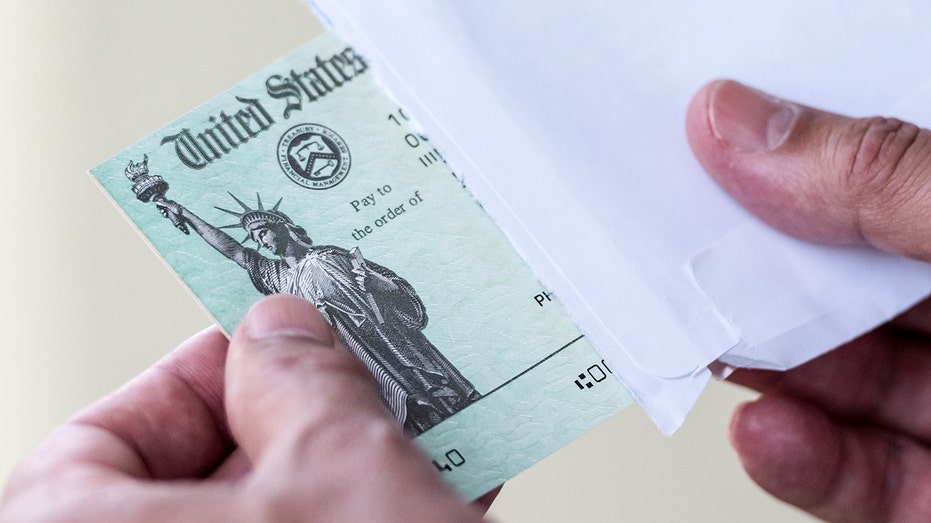
You can use your tax refund to pay a portion of your student loan. (iStock)
People who have already received or expect to receive a tax refund could potentially use the money they get back to bring down the balance on their student loans, Solomon said.
"You might get a tax deduction for paying student loan interest [on private loans], so you may have gotten a refund," Solomon explained. "[You can] put some of your refund money toward your student loan debt."
8. Have your emergency fund prepared
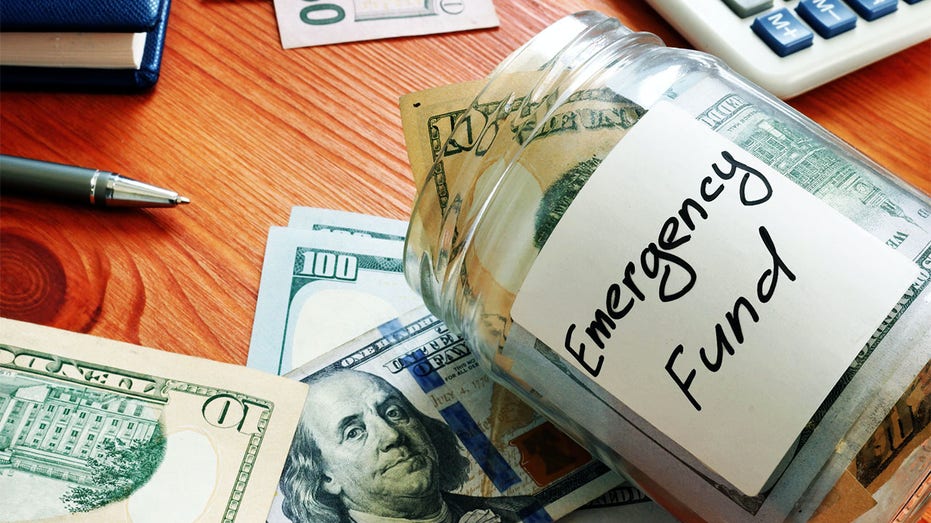
Adding cash to your emergency fund could help you if you experience a hard time while paying your student loans. (iStock)
Building a financial buffer can offer a layer of protection before student loans resume, and you can do this by adding money to your emergency fund, according to Bobbi Rebell, personal finance expert at Tally – an advanced credit line app.
"An emergency fund will help you to make financially sound decisions when the worst happens. You’re less likely to turn to debt when [something goes wrong] if you have cash in the bank," Rebell explained. "Set up an auto-draft for your savings every month, so it’s not even an option for you to spend that money."
76% AMERICANS WANT TO BETTER THEIR FINANCES FOR THE NEW YEAR: SURVEY
9. Pay high-interest debt off first
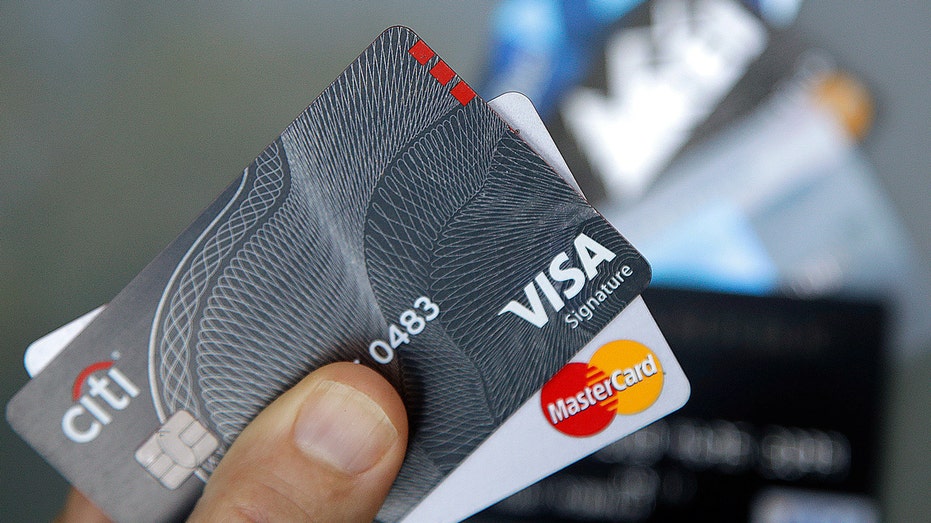
Paying down high-interest debt now could help you ease your student loan payment burden in the future. (iStock)
Rebell would also advise borrowers to pay down as much high-interest debt as they can before student loan repayments kick in.
"For most people, that’s likely credit card debt. Credit cards are notorious for having high-interest rates," Rebell said. "There are several more rate hikes planned, so it’s getting more and more expensive to carry debt. Now is the time to tackle it before those student loan payments kick back in."
10. Research public service forgiveness options

Applying for student loan forgiveness could help you if you're a public service worker. (iStock)
Some borrowers who work in public service sectors like the government or a 501c3 nonprofit should check to see if they’re eligible for Public Service Loan Forgiveness (PSLF), said Tobin Van Ostern, co-founder at Savi Solutions PBC – an online student loan repayment resource.
"The PSLF Waiver has relaxed the rules for receiving loan forgiveness until October 31, 2022," Van Ostern continued. "Even public employees who have applied before and have been denied should reapply given the new circumstances."
GET FOX BUSINESS ON THE GO BY CLICKING HERE
11. Take advantage of employer repayment benefits

Some employers have tax-free student loan repayment assistance benefits available for workers. (iStock)
Asking your current employer if they have a tax-free student loan repayment assistance benefit available or would be willing to offer the benefit could be helpful to borrowers who aren’t looking for a new job, according to Patricia Roberts, chief operating officer at Gift of College, Inc. – an online gift registry for 529 college saving plans.
"Under the CARES Act, employers can repay up to $5,250 per employee per year tax-free through Jan. 1, 2026 – that can add up to a total of $21,000 for 2022, 2023, 2024 and 2025," said Roberts. "Given the great resignation that is underway, employers are open to offering financial wellness benefits such as student loan repayment support. Any payments made during the moratorium can be applied toward principal which will help the loan to be paid back sooner."
12. Request cash gifts to lower your balance

Asking for a cash contribution from friends and family can help you lower your student loan balance sooner. (istock)
Roberts said that student loan borrowers can lower their balance if they request cash contributions "of any size" to their loan or college savings account in lieu of physical gifts.
13. Check out income-based repayment or pay-as-you-earn options
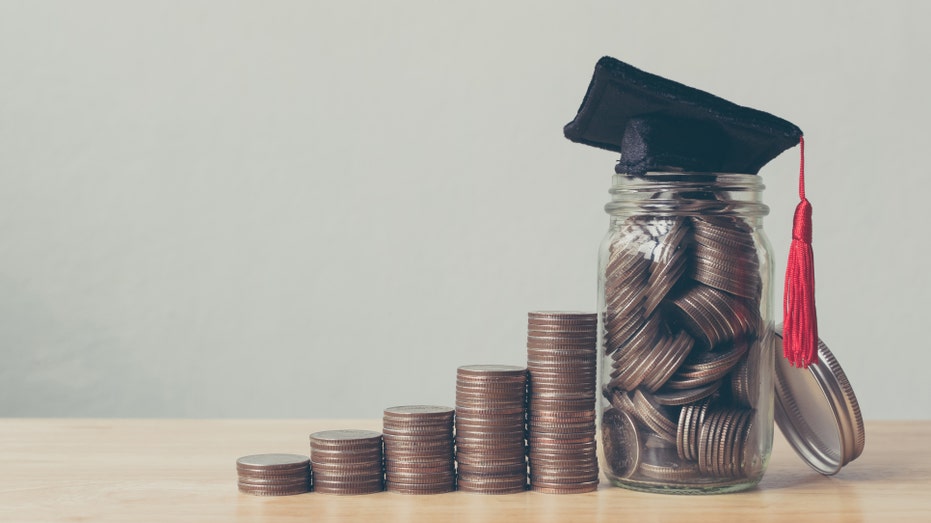
Enrolling in income-based repayment plans could help you manage student loan payments if you're experiencing financial hardship. (iStock)
Borrowers who are facing financial hardship might want to consider enrollment into an income-based repayment plan, according to Stuart Siegel, president of FAFSAssist.
"There are other income-driven repayment plans like pay-as-you-earn, which is a federal repayment plan that is available to borrowers with more recent federal loans," Siegel said. "It caps a borrower's monthly federal student loan payment at 10% of their discretionary income."
"Income-driven repayment plans have some similarities," he continued. "Each one caps payments to between 10% and 20% of discretionary income and forgives the remaining loan balance after 20 or 25 years of payments. However, the amount that is forgiven is taxable."
CLICK HERE TO READ MORE ON FOX BUSINESS
14. Ask for deferments if needed
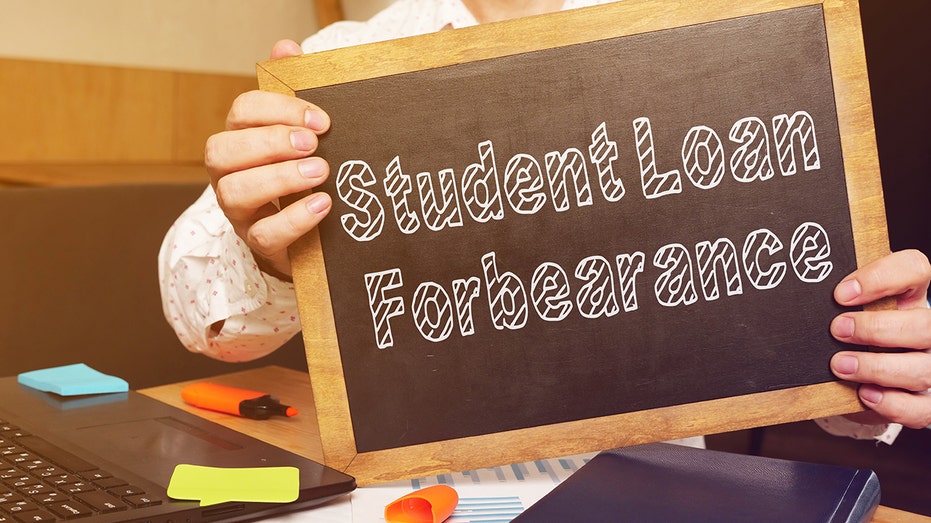
You can ask your student loan servicer to defer your loan or put it in forbearance for a certain period of time. (iStock)
If resuming student loan payments won’t be feasible for your financial situation, Siegel recommends seeking out "hardship deferments" plans "with no interest accruing" for subsidized loans.
"This would be after the moratorium is over," he explained. "After the moratorium is over, students can also get a forbearance on any federal loan for up to three years for each loan they have. Of course, at the end of each year, the interest would be capitalized."




















